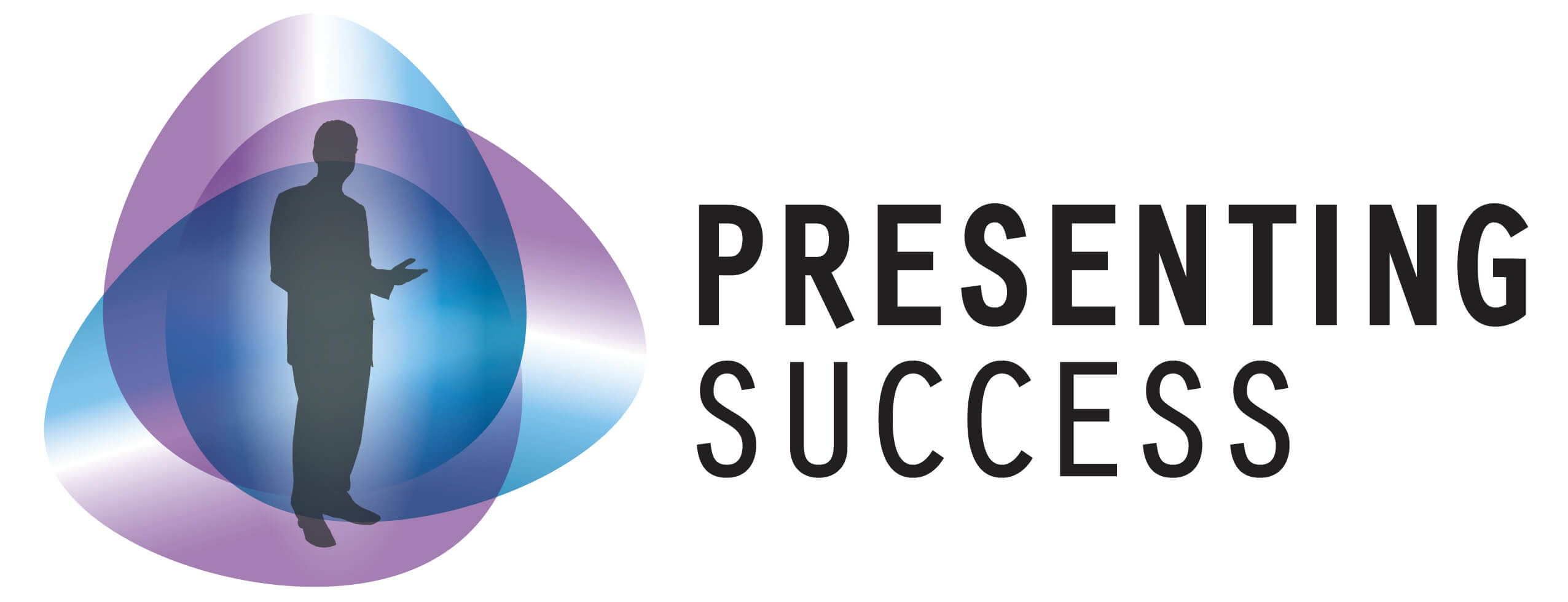First impressions "How should i open my presentation?" is a question we get asked often.…

Speaking at a conference.
Being invited to speak at a conference may be a sign that ‘you’ve arrived’ as a speaker! Your first conference speech will be a milestone in your speaking career, and you will want to do the right preparation and practice to ensure that it’s a great speech!
The most important part of your preparation will be your understanding of the organiser’s expectations; why you have been asked to speak, what they will be expecting you to say, how much time will you have, will there be a Q and A, and an appreciation of what the other speakers will be saying. You will want to know where and how you fit into this conference.
Preparing well in good time will be a key to your success. Start your preparation as soon as you know you will be speaking. Capture your notes of what you might want to say. Don’t limit or edit your ideas at this stage. Often our first thoughts at this time are the most creative and productive.
When you’ve created your presentation you will need to practice it. That means knowing the content and the flow of your presentation. Our suggestion is that you practice saying the words until you’re very familiar with them (see another blog on how to practice). Then you will be able to go into the conference with confidence, talk easily with the other presenters, and ultimately focus on the audience and on what’s going on around you, rather than worrying about your talk. Good preparation and practice are keys to not just being successful, but also enjoying the experience.
On the day itself, your ability to stay flexible in relation to your content and the amount of time you have to speak will be important . It’s quite possible that while sitting listening to other speakers you find that they are saying what you intended to say. Of course, this doesn’t mean you have to change your talk but you may want to refer to the other speaker in your presentation. And, as we know, many speakers will over-run their allotted time giving you less time than you had expected. You will need to know how to cut your content to fit the time; trying to speak faster will not do it!
It it’s possible, get into the venue before the conference starts and stand in the place where you’ll be speaking from. This gives you the chance to experience the size of the hall and to imagine yourself addressing everyone in the auditorium. And if you can without disturbing anyone else, just say a few words as though you were speaking; feel what that’s like. It will give you confidence. It will also allow you to visualise your finishing your presentation on a high note, maybe, in your imagination, to some enthusiastic applause.
After your talk, if you’ve done well and piqued people’s interest they will want to speak with you. Be prepared for that and leave enough time unless you have to rush off for your train. It’s an ideal time to network, and also to get feedback on your talk. But don’t be disappointed if you don’t get any praise. It seems that if you were very good, audience members don’t believe you need any praise – you must already know how good you are!
Overall, we encourage you to do enough preparation so that you can enjoy it the experience. That enjoyment will surely come across to your audience and will lead you to getting more invitations to speak. And from us, good luck!



